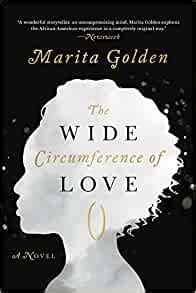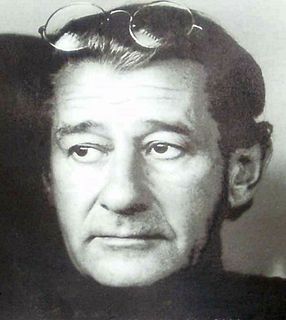A Quote by Angela Davis
Black women have had to develop a larger vision of our society than perhaps any other group. They have had to understand white men, white women, and black men. And they have had to understand themselves. When black women win victories, it is a boost for virtually every segment of society.
Related Quotes
They wanted black women to conform to the gender norms set by white society. They wanted to be recognized as 'men,' as patriarchs, by other men, including white men. Yet they could not assume this position if black women were not willing to conform to prevailing sexist gender norms. Many black women who has endured white-supremacist patriarchal domination during slavery did not want to be dominated by black men after manumission.
...black women write differently from white women. This is the most marked difference of all those combinations of black and white, male and female. It's not so much that women write differently from men, but that black women write differently from white women. Black men don't write very differently from white men.
We black women must forgive black men for not protecting us against slavery, racism, white men, our confusion, their doubts. And black men must forgive black women for our own sometimes dubious choices, divided loyalties, and lack of belief in their possibilities. Only when our sons and our daughters know that forgiveness is real, existent, and that those who love them practice it, can they form bonds as men and women that really can save and change our community.
The issue of redistribution of resources and wealth needs to resolved systemically, but in the meantime but there are individual spots you can occupy. There are things that you can do on a daily basis that will make a difference in moving the needle in individual lives. When we look at the mentoring of young black kids, for instance, the number-one mentor group is white women. I think after that maybe it's black women, and then white men, and then black men. We can make all kinds of arguments about that.
I have this problem where it's like'I can never stop thinking. For instance, I find myself obsessing over the treatment of black women and girls by black men'the fact that black men have a special prejudice against black women and generally don't protect them or attempt to understand them, and I cry an awful lot about that.
Black women must help black men understand their full potential lies not in denying black women full access to their humanity and opportunity, but in working diligently to overcome the odds that hamper our progress. Yes, some of that is self-imposed, and we must confront it; and much of it comes from outside. But without courageous and brilliant black women, our communities are greatly diminished.
I don't know if it's more acceptable or if black men are more comfortable. Black men certainly are more comfortable with it. I don't know that society, like white society loves it or black women. When you see a black man with a white woman there is a feeling that you have and I think the feeling is an instinctual feeling of you want her you don't want me. I don't look anything like her, so you don't like. You know what I mean? Something like that. It's a real instinctual primal thing.
There are many things that black women can continue to do to help black folk. First, black women have historically been among the most vocal advocates for equality in our community. We must take full advantage of such courage by continuing to combat the sexism in our communities. Black women, whether in church, or hip-hop, don't receive their just due. Second, when black women are in charge of child-rearing, they must make ever so sure to raise black children who respect both men and women, and who root out the malevolent beliefs about women that shatter our culture.
There is not a history of black intellectuals being allied with dominant forces to hold white people in social and cultural subordination for a few centuries. Second, the "our" of black folk has always been far more inclusive that the "our" of white folk. For instance, there would have hardly been a need for "black" churches if "white" churches had meant their "our" for everybody - and not just white folk. But "our" black churches have always been open to all who would join. The same with white society at every level.


































